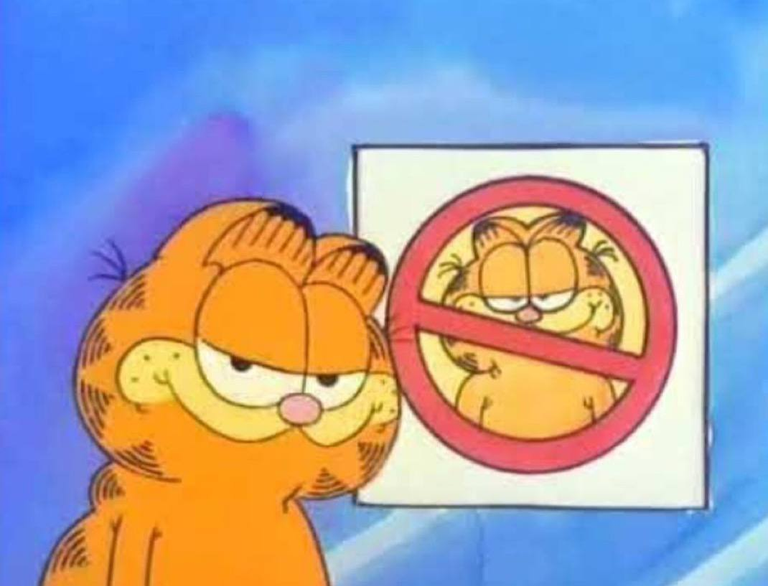
I still remember seeing an account on different frontends by the name "berniesanders". I was surprised, then, because I thought a renown American politician having a social media blockchain account would be bullish for my bags. I realized quickly that it wasn't him- and that he was a bit of a unique pariah. The account was equal parts despised and venerated by the platform's online society. The one telltale sign of his conflicted identity, a remarkable reputation score of -13.
Now I didn't bother to look into why this was. I found many things remarkable at the time. A reputation score has merit when we discuss decentralized identity. The reason I bother to discuss these things concerns trust in traditional systems.
I make things muddier when I mention memecoins because the reality is a majority of these projects do not survive because they are speculative in nature. I hold the minority opinion that some of these projects have merit as evidenced by recent headlines. Think Fartcoin. There are schools of thought on how some of the successful players coalesce over time. Binance recently explained with two thinkpieces, one in December and one last week, that memecoins are popular because they become cultural symbols, creating communities and with purpose, they become humanity in action.
This may not be novel, but an underserved market includes the legitimacy, the rules of the road, and the business of community takeovers for memecoins. There's even philosophy that all tokens are memecoins, save for store-of-value coins, because they all compete for attention. There may be compelling arguments but I see value in that discussion. Recent successes that commanded popular attention include Hyperliquid.
Even as I participated for the good of previous projects like $TURBO, I met resistance because these decentralized media organizations. A CTO has no central entity to verify thus bad actors and acts take place often in a sea of gray.
So a blockchain could represent a trust alternative. I only want to say there are limitations to the successful retention rate with anything, so the solutions may require experimentation for long term success. This year it seems one of my projects will be the legitimacy and modeling of my own mark in this space so I make a bigger one.
A man who tracked trends at TikTok successfully identified a token early on that made waves along a growing viral TikTok trend featuring an apple and a dog. He launched a token himself to find out that speculative markets are merciless. He represents a good actor who verifies trust personally with regular community meetings, but it's burned him out to be consistent to a faceless audience that largely criticizes. I wonder if he wouldn't have more to learn from Rhett Mankind and his experience creating $TURBO.
I thought about it and I agree. There must be an interesting way to hold trust in web3 communities, leadership or otherwise, via NFTs or other systems. There may come a time where I meet people to ask them questions about their experience with different parts of crypto. For now, I'll continue to write on the situation more.
Congratulations @thatkidsblack! You have completed the following achievement on the Hive blockchain And have been rewarded with New badge(s)
You can view your badges on your board and compare yourself to others in the Ranking
If you no longer want to receive notifications, reply to this comment with the word
STOP